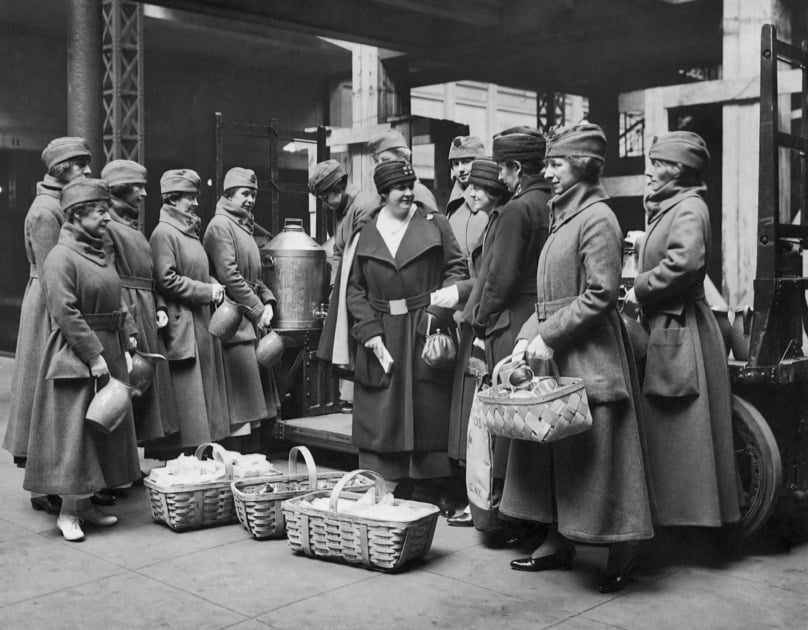10 Ways World War I Changed America
The Great War transformed life in America forever. Here is a list of ten of the more enduring and interesting changes.

Sandwiched between the Civil War and World War II, many people overlook “The Great War,” which began over 100 years ago, in the summer of 1914. America resisted entering the war in Europe for three years but finally joined the first transatlantic fight on April 6, 1917. The first World War ended the next year in the fall of 1918.
World War I transformed life in America forever, and here are ten of the more enduring and interesting changes.
10 Ways World War I Changed America
- Women, most of whom never worked outside the home, were in high demand to work at all types of factories and businesses. Nearly a million women were employed in jobs previously held by men.
- Prior to the war, the women’s campaign for the right to vote fell on deaf ears. Afterward, even President Wilson urged Congress to pass the 19th amendment, which succeeded in 1920.
- Future President Herbert Hoover was appointed the director of the newly created U.S. Food Administration. Hoover encouraged citizens to plant “victory gardens” or personal gardens. This is the genesis of the “urban gardens” we know today. Over 20 million gardens were planted and U.S. food consumption decreased by 15%, conserving food for the troops.
- One of the largest shifts in population in the 20th century was the movement African Americans made from the south to be employed in northern factories. Ford Motor Co. was a leader in the employment of minorities.
- The power of the federal government, and that of the President in particular, greatly expanded during the War, which has carried on to this day.
- The medical field greatly advanced especially in the treatment of mental disorders, limb replacement, and plastic surgery. Many people trace the beginning of medical specialists to this period.
- Volunteerism expanded. The Red Cross, Boy Scouts, and Girl Scouts enjoyed a growth in membership and interest in their collective efforts and groups.
- The horrors of war ushered in “The Roaring ’20s,” with an-anything-goes attitude and a quest for fun, fashion, and frolicking. “How ya gonna keep ’em down on the farm after they’ve seen Paree” was a whimsical chorus to help explain the population shift from the farm to cities.
- For the first time, middle-class Americans traveled overseas to visit countries and cities they came to know in the War. European tourism increased as Americans wanted to visit battlefields and grave sites.
- Despite isolationist sentiments, after the War, the United States became a world leader in industry, economics, and trade. The world became more connected to each other which ushered in the beginning of what we call the “world economy.”
Even though World War I proved that it was not the “war to end all wars,” it did have a very powerful social and economic effect on American life.

Bob Farmer
Bob Farmer is a popular speaker, humorist, and motivator. His name and talent make it a natural partnership with North America's most respected publication and brand, Farmers' Almanac. Visit Bob's website at www.bobfarmer.com.

